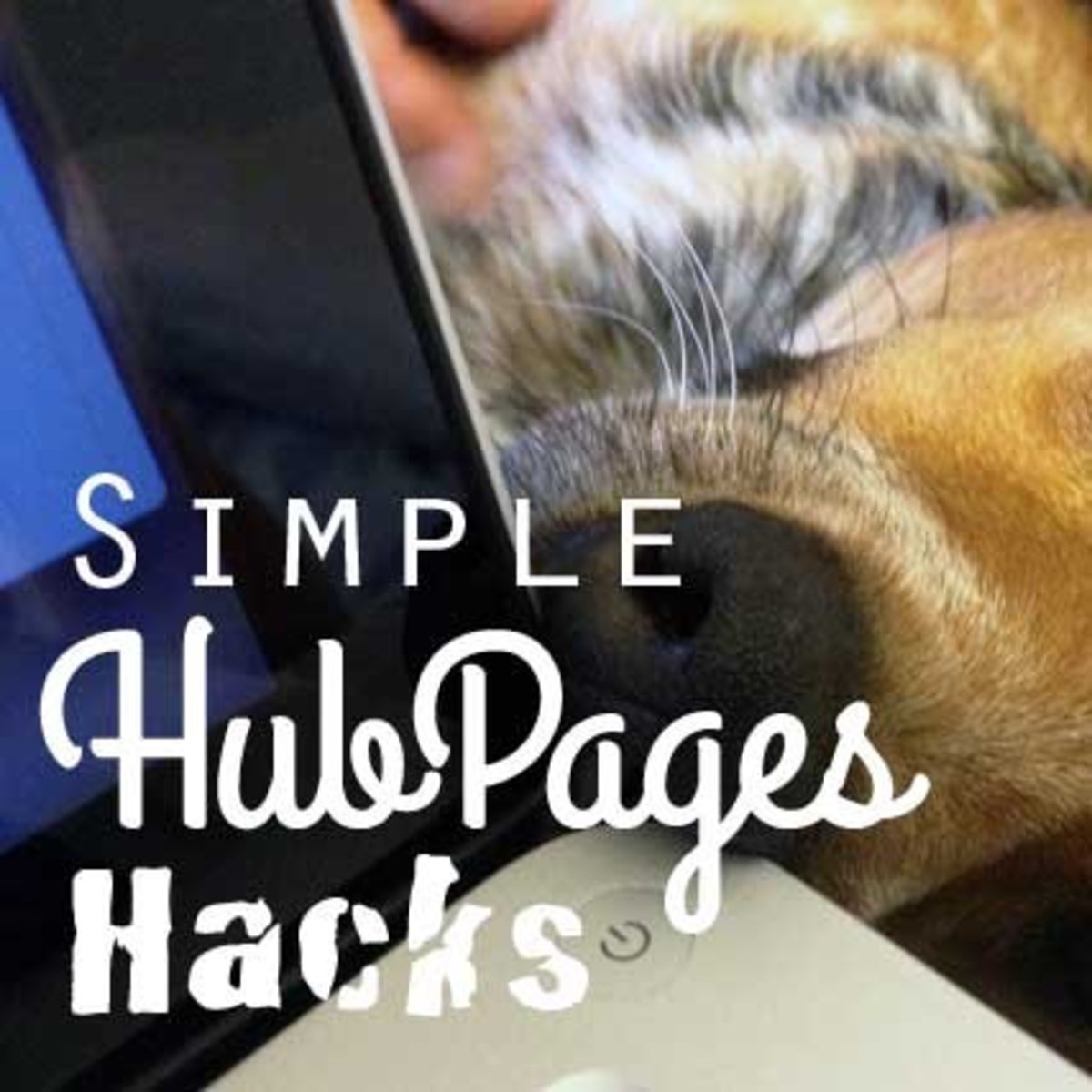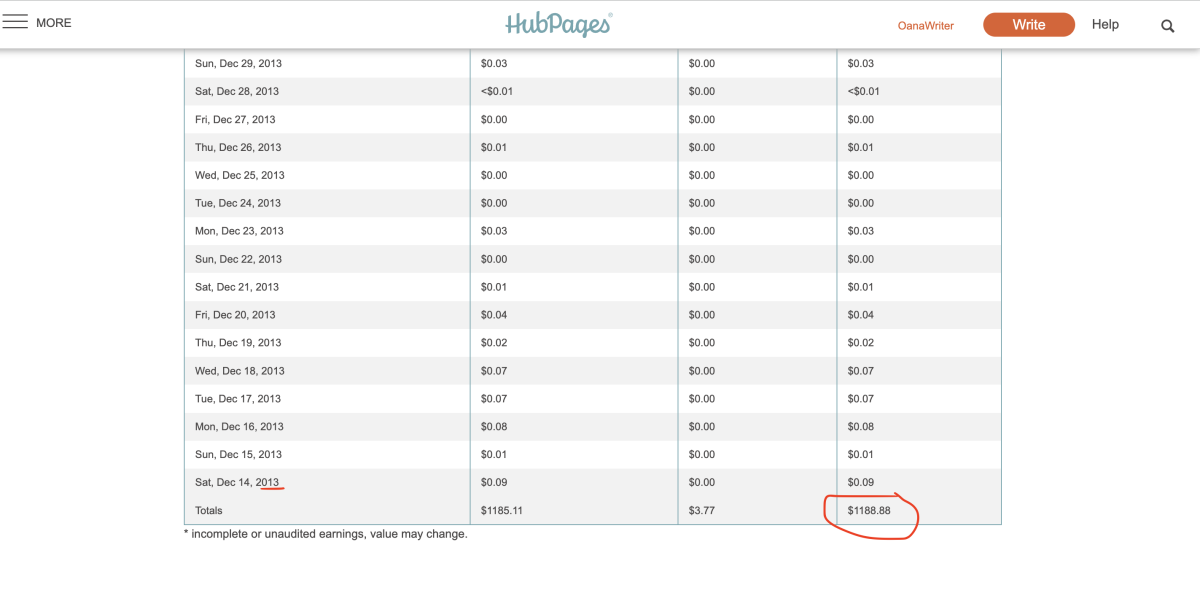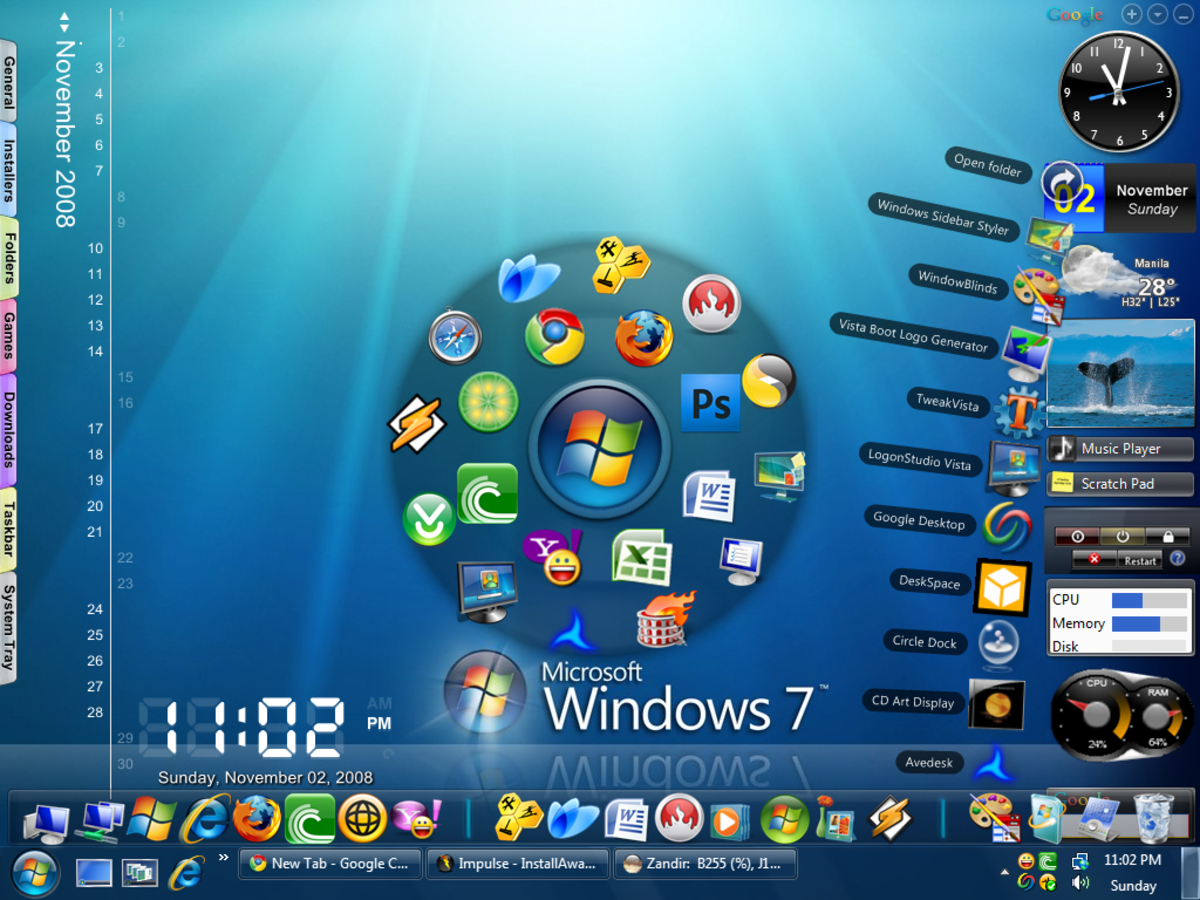HubPages Contest Winners: How They Won

As a professional linguist, I study language. I have only begun writing on HubPages, so it is natural for me to gather a sample of excellent hubs to analyze and emulate. The Money Grows on Hubs Contest provided an excellent data corpus for statistical analysis. For 28 days, a Staff Pick was selected from among the daily entries. These are the cream of the crop—the hubs to study as models. It is, however, a personal analysis; I have no official capacity with HubPages and do not speak on their behalf.
[Updated to current capsule types and display features—January 2013]
For most factors tallied, a certain amount of commentary and interpretation is in order. In tallies for which nearly all hubs have a value, the median is more significant than the average, though I give both values. In tallies for which less than half have a value, the median will be zero, so the maximum and average are more significant for these tallies. For some tallies, ambiguities in my methodology surfaced partway through the tabulation process. Sometimes I have withheld the full extent of data tabulation when accuracy seemed doubtful or injurious to specific entries. I am naming and linking to specific winning entries in cases where a positive point is exceptionally well-illustrated.
Median versus average (a reminder)
Median: The value in a sample of values that remains after an equal number of values is removed both above and below it.
Average: The sum of values divided by the number of such values.
Titles and Topics
The easiest thing to count is the title—or is it? The judging criteria called for a “short, descriptive, to-the-point title” with a “specific, long-tail topic” that was “search-friendly.” Hmmm. It is risky for me to spout statistics here as if I figured out an algorithm to evaluate topic long-tail-edness that emulates that used by the judges. So I’ll tell you what can be counted: the number of words in a title. I counted only words from open word classes and question words. In other words, I excluded words from closed word classes like articles, pronouns and prepositions. The lexical heuristics built into modern search engines seem to operate something like that. The range was 3–10 words with a median of six.
College Savings Accounts with Low Fees and High Tax Savings has one of the biggest title word counts and, strikingly, in almost every other measurement, either sets or ties the record low count. I count 17 meaningful sequences of two or more words in that title.
Links and tags
links
| tags
| words in tags
| |
|---|---|---|---|
Minimum
| 0
| 6
| 12
|
Maximum
| 15
| 37
| 90
|
Median
| 2.5
| 13
| 36.5
|
Average
| 4.4
| 14.7
| 39.1
|
Self-tagging of hubs is no longer an option. Links are still useful, but not as much today as at the time of the contest.
I counted the number of in-text hyperlinks. I hypothesized that the principle of long-tailedness (long-tailidity? whatever) would apply here as well as to titles, but a full 39% of the Staff Picks had no in-text links whatsoever.
(I also counted the number of tags—a feature since discontinued—and the number of words from open word classes that occurred in tags—each instance, regardless of number of occurrences.)
I simply offer the data table for you to draw your own conclusions. A couple of times, links were listed on sequential lines to look almost like a link capsule; this raised the average, but didn’t affect the median.
Sometimes the hyperlinking url revealed a title that didn’t seem to have anything to do with the linked text or context. Very seldom was a tooltip used to clarify the relevance. Indeed, I suspect that a large number of these links were created in haste and checked by neither author nor judges.
Photos and videos
photos
| videos
| |
|---|---|---|
Maximum
| 29
| 5
|
Average
| 3.7
| 1.2
|
All but one Staff Pick had at least one photo (an official requirement in more recent contests). Three out of five had at least one video. Tips for a Budget-Friendly Holiday in S W France had two separate sets of thumbnails.
In my tabulation, I counted every photo as an original if it did not credit another source. In reality, I think that perhaps half of those were not photographed by the authors themselves. On the contrary, I can even tell you the source for a couple of them (but will protect the guilty). I point this out because the judging criteria mentioned “photos, especially your own” and “completely original content.” I like the way Johnny Parker attributed his original photos to his wife (presumably) to eliminate any source confusion. For the table here, I do not distinguish photo source, but simply compare photos of any sort with videos.
Word count
word count
| |
|---|---|
Minimum
| 510
|
Maximum
| 3177
|
Median
| 1445
|
Average
| 1506
|
The official rules required 400 words minimum. More recent contests have required 500 words minimum.
There isn’t much to interpret about the word count table. I will say that a minor degree of inaccuracy was introduced by inconsistently including or excluding titles and captions of non-text capsules. This is discussed more in the next section, Subheads.
Subheads
I tried to count subheads, but didn’t get reliable results. I usually didn’t count anything except the highest level subhead <h2>. Some writers used subheads for certain non-text capsules very effectively to break up long blocks of text. Other writers seemed to give little attention to whether such capsule heads had any effect in the overall document flow. Therefore, I sometimes counted the title separately; I sometimes dismissed it as part of a non-text capsule. The more meaningful statistics here would have been the number of lines of unbroken text and the lines per paragraph, but those would have been more time consuming. Having said all that, the median was 8.5 subheads per article.
News, RSS and links capsules
The news, RSS and link capsules are easily distinguished while in edit mode. I was reviewing from the standard published interface, however, where the distinctions are subtle. Since I didn’t want to take the time to backtrack and tighten my method, I suspect there were several times that I mistook one of these for the other. Therefore, I think the most meaningful statistic here is to add them all together without distinction.
Two Staff Picks won without using any of these three capsules. It was Les Trois Chenes, though, whose first win broke the curve with nine link capsules, very tastefully and attractively distributed throughout, and her second win as Staff Pick had eight.
Discontinued capsules or features
One in five layouts incorporated a slide show, which was then a photo capsule option when using five or more photos. Since that time, the control has been removed and slide shows are now automatic when using five or more photos.
Every Staff Pick used exactly one comment capsule, sometimes followed by an RSS or news capsule. Both RSS and news capsules have since been discontinued. No more than one comment capsule may now be used and, if present, no other capsule type may follow it.
Briefly noted
Amazon capsules—three at most—appeared in 75% of the Staff Picks. Only two had an eBay capsule and the total of eBay and Amazon capsules still did not exceed three.
Tables—as many as five—were used in half of the winning hubs. Poll capsules were used by 18% of the winners.
Only three Staff Picks had map capsules, but Bargain Shopping in Dallas, Texas, used seven maps.
No Staff Picks used quiz or code capsules.








